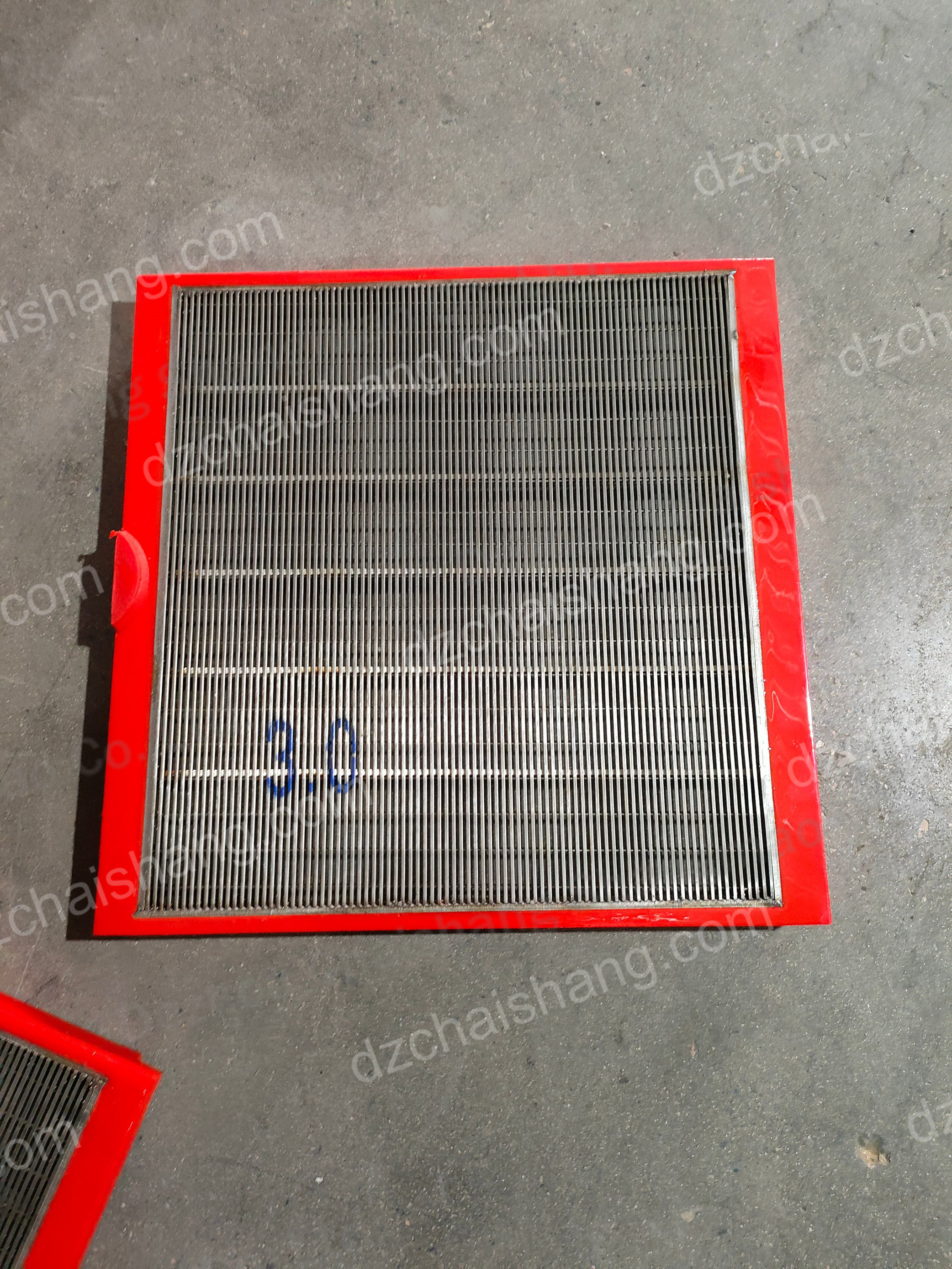- 15
- Mar
How to judge the quality of polyurethane screen?
Introduction
When evaluating the quality of polyurethane screens, there are several key factors to consider. These include the material used, the manufacturing process, and the overall durability and performance of the screen. By carefully assessing these factors, you can ensure that you are selecting a high-quality polyurethane screen that will meet your specific needs and requirements.
Understanding the Material Composition of Polyurethane Screens

Polyurethane screens are widely used in various industries for their durability, flexibility, and efficiency in screening materials. However, not all polyurethane screens are created equal, and it is important to understand how to judge the quality of these screens before making a purchase. One of the key factors in determining the quality of a polyurethane screen is its material composition.
Polyurethane screens are typically made from a blend of polyurethane and other materials such as steel or wire. The quality of the polyurethane used in the screen can greatly impact its performance and longevity. High-quality polyurethane is resistant to abrasion, chemicals, and UV exposure, making it ideal for use in harsh environments. Additionally, the blend of materials used in the screen can affect its flexibility, strength, and overall performance.
When evaluating the material composition of a polyurethane screen, it is important to consider the ratio of polyurethane to other materials. Screens with a higher percentage of polyurethane are generally more durable and long-lasting than those with a lower percentage. Additionally, screens with a higher percentage of polyurethane are typically more flexible, allowing them to conform to the shape of the material being screened more effectively.
Another important factor to consider when judging the quality of a polyurethane screen is the type of polyurethane used. There are different types of polyurethane available, each with its own unique properties and characteristics. For example, some polyurethanes are more resistant to abrasion, while others are more resistant to chemicals. It is important to choose a polyurethane screen that is made from a type of polyurethane that is best suited to the specific screening application.
In addition to the material composition of the polyurethane screen, it is also important to consider the manufacturing process used to produce the screen. Screens that are manufactured using high-quality materials and advanced production techniques are more likely to be of higher quality than those that are produced using inferior materials and methods. It is important to choose a polyurethane screen from a reputable manufacturer that uses quality materials and processes to ensure the screen meets your performance requirements.
When evaluating the material composition of a polyurethane screen, it is important to consider not only the type of polyurethane used but also the blend of materials, the manufacturing process, and the reputation of the manufacturer. By taking these factors into account, you can make an informed decision about the quality of the polyurethane screen and choose a screen that will meet your screening needs effectively and efficiently. Remember, the material composition of a polyurethane screen plays a crucial role in its performance and longevity, so it is important to carefully evaluate this aspect before making a purchase.
